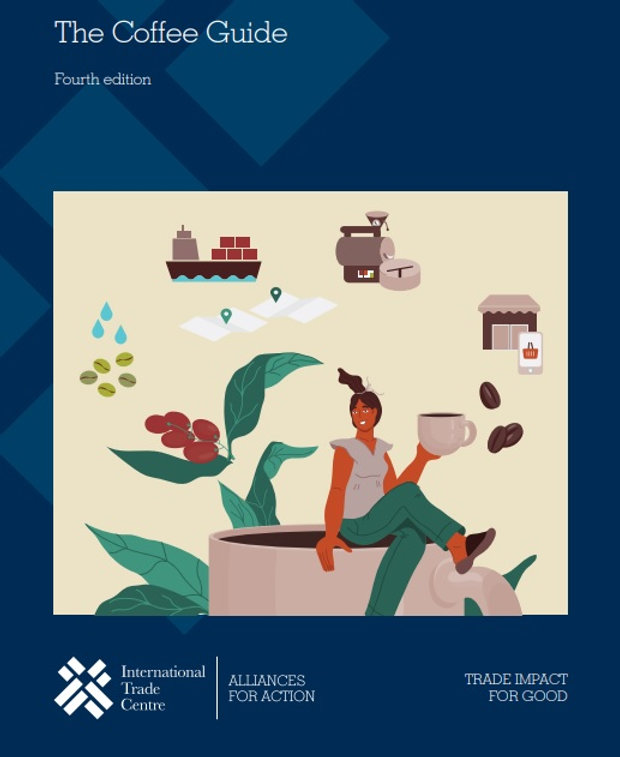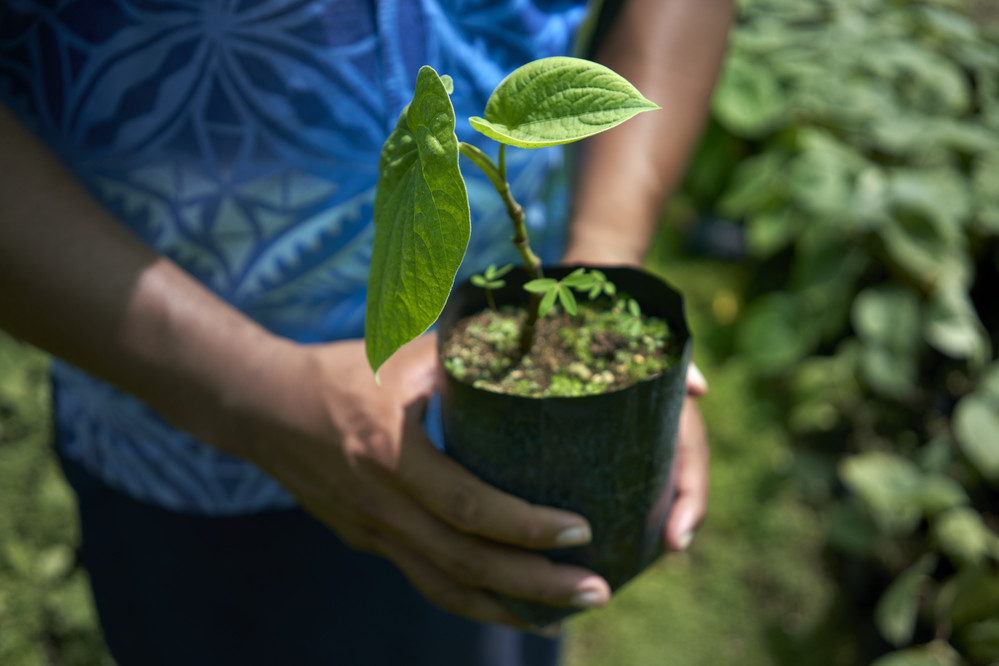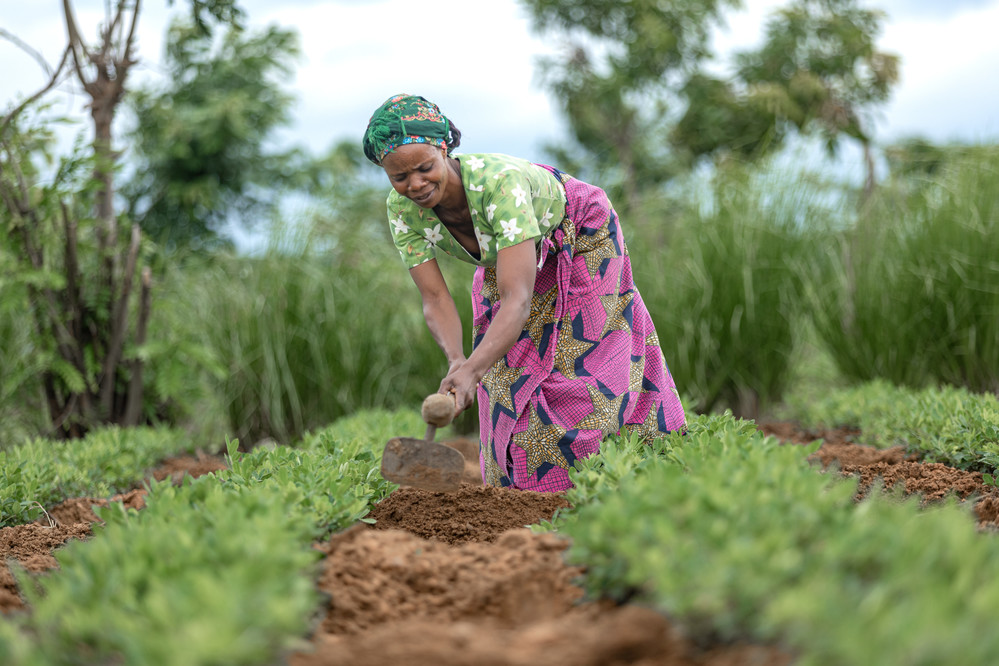Perspectives is a series that highlights emerging issues in the area of agri-SME and smallholder finance from the perspective of practitioners and thought leaders within and outside the SAFIN network. In this interview, Tommaso Ferretti, PhD Candidate at McGill University and Special Advisor at the International Trade Centre’s Alliances for Action programme, speaks about the role of agri-SMEs in the global coffee value chain and the key risks and opportunities affecting investment in coffee agri-SMEs as highlighted in the upcoming ITC Coffee Exporter’s Guide.

Photo: IFAD/Irshad Khan
Please tell us about the upcoming ITC Coffee Exporter’s Guide and your role in developing it.
The International Trade Centre (ITC) Coffee Exporter’s Guide is the ultimate compass for policymakers, investors, development practitioners, and any private sector operators approaching the world of coffee. The previous edition was published in 2012, and it was time to update its contents with the latest trade, financing, sustainability, and consumption trends. I was very excited when the Alliances for Action team at ITC asked me to contribute as a member of the core group of authors. I brought in my research expertise on impact investments and innovation in agri-commodities global value chains (GVCs). I focused on tracking critical innovations that connect finance to more sustainable forms of coffee production. However, I cannot emphasise enough that the new Guide is the outcome of a participatory effort. We had a constant iteration with industry stakeholders, including agri-SMEs.
How would you describe the role of agri-SMEs in the global coffee value chain? How has it evolved since the last Coffee Exporter’s Guide was published almost 10 years ago?
I believe that the role of agri-SMEs has not changed. What has changed is the industry’s recognition of such role. Agri-SMEs are the engine of the coffee industry. They struggle daily to overcome countless risks, bring coffee to the world, improve its quality, confront the hardships of climate change, and create better livelihoods for their communities. Compared to when the last Guide was published, the industry is today more aware about this crucial role. Any meaningful change geared towards securing long-term productivity and greener, more just coffee production involves infrastructural investments at agri-SME level. This means moving beyond mere compliance and trade promotion. The new Guide highlights this evolution and shows how the social and environmental sustainability of agri-SMEs’ operations is interlinked with the profitability of the coffee industry.
What are the key risks and opportunities affecting investment in coffee agri-SMEs particularly in a post-COVID perspective, according to the Guide?
Agri-SMEs find it increasingly difficult to cope with rising temperatures and humidity, extreme weather events, and aging plantations. Addressing these risks at the enterprise and the systemic levels can unlock interesting investment opportunities. For example, agri-SMEs often seek long-term funding to finance crop renovation. The renewal of coffee plantations combined with the introduction of agroforestry systems and environmental best practices can secure long term productivity, enable access to niche markets, and minimize the negative impact of climate change. This type of financing is less risky when associated with broader investments in research and infrastructure. For instance, most producing countries lack funding to develop new coffee varieties, establish nurseries, and deliver technical assistance. Investments of this nature are long-term and require coordination, but market demand for coffee is also going to be there for the long term.
Are there new models of agri-SME finance emerging in the coffee sector that you think are particularly worthy of attention?
I believe that blended finance offers a universe of solutions whose implementation must be tailored to specific contexts and needs. New technologies and digitalization certainly offer a set of new options for coffee agri-SMEs. However, there is a risk of having the commercial priorities of financial institutions drive these solutions. I believe instead in the importance of governance models that combine agri-SME financing with commercial alliances across the coffee GVC and policy support. GVC alliances involving producers, research institutions, public sector, roasters, and retailers reduce investment risk and expand the number of SMEs that can access financing. They secure market access to investees; adapt commercial requirements to the timeline demanded by infrastructural investments; and help agri-SMEs develop their capabilities. National and regional policies in support of this enabling environment create traction to scale-up such investments.
Read the Coffee Guide
Tommaso Ferretti, PhD Candidate at McGill University and Special Advisor at the International Trade Centre’s Alliances for Action programme

Tommaso is a Ph.D. Candidate in Strategy at McGill University. His research focuses on how finance and investments shape innovation and sustainability in agricultural global value chains. Before joining McGill, Tommaso was a consultant at the International Trade Centre (ITC), where he led project implementation in Ghana, Zimbabwe, and the Caribbean Region. Tommaso is a law graduate from the University of Pisa and holds an MPA from LUISS University in Rome, Italy.


